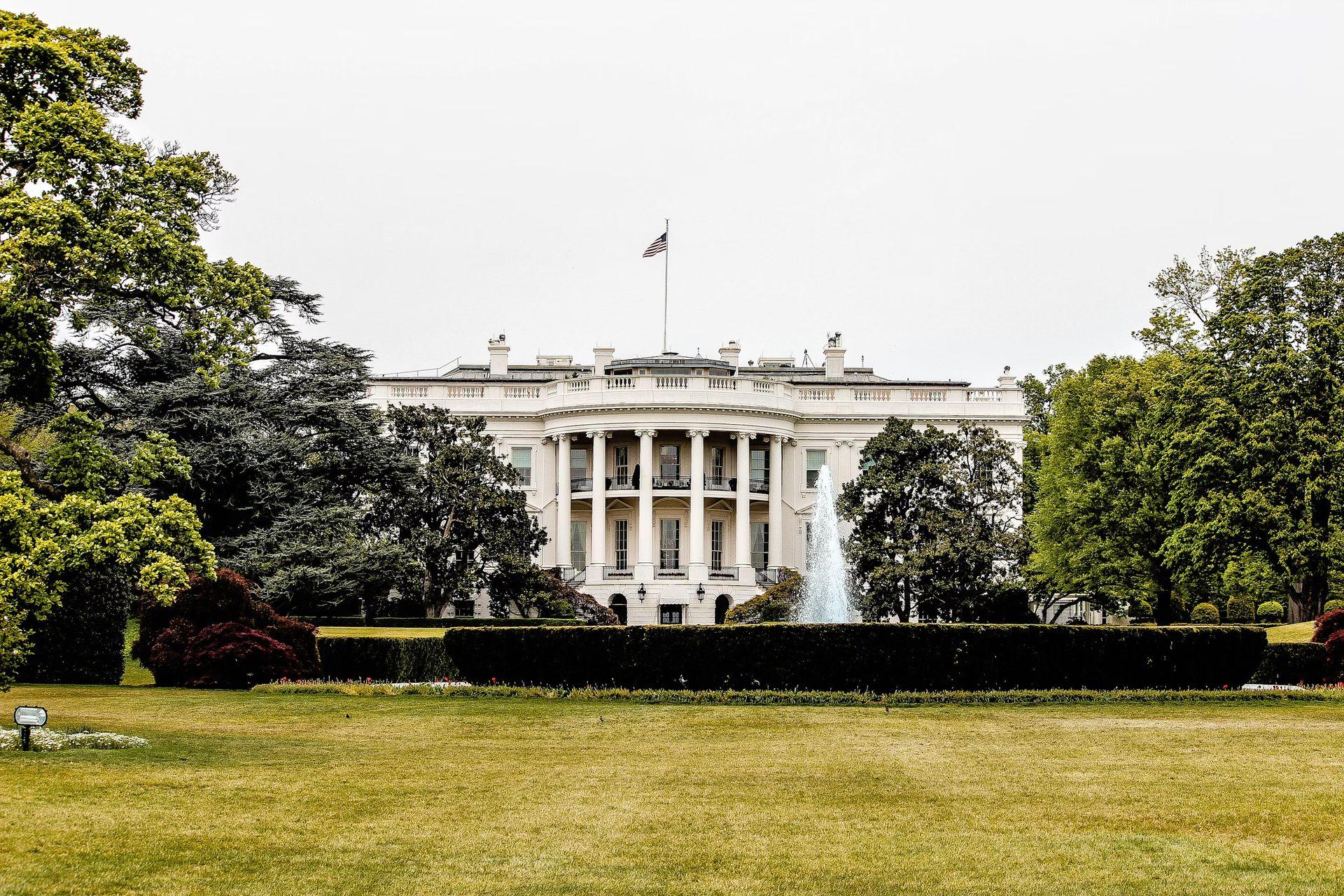Kamala Harris’ policies are set to take center stage as she emerges as a potential Democratic nominee following President Joe Biden’s decision to step down from the race.
With President Joe Biden stepping down from the race, Vice President Kamala Harris emerges as a potential Democratic nominee, garnering significant attention for her stance on technology policies. Biden has expressed his unequivocal support for Harris, endorsing her as the nominee for the party, while Harris has declared her intent to secure the nomination. However, it remains uncertain if she will face competition from other Democratic leaders at an open convention or through alternative selection processes.
Harris, with her deep-rooted connections in the Bay Area—having been born in Oakland—and extensive experience in the tech industry, stands out as a candidate. Her career spans roles as San Francisco’s district attorney, California’s attorney general, and a U.S. senator since 2016. Her early political supporters included venture capitalists like John Doerr and Ron Conway, and she quickly received an endorsement from LinkedIn co-founder Reid Hoffman during her presidential campaign. Nevertheless, other tech industry leaders, such as Netflix co-founder Reed Hastings, have been more reserved, suggesting a preference for an open convention.
Critics argue that during her tenure as attorney general, Harris did not sufficiently address the expanding influence of tech giants. Conversely, she has also demonstrated a willingness to hold tech CEOs accountable and advocate for stricter regulations. As a senator, Harris challenged major social networks on the spread of misinformation. When questioned during the 2020 presidential campaign about the possibility of breaking up companies like Amazon, Google, and Facebook—a stance championed by rival Elizabeth Warren—Harris advocated for stringent regulations to safeguard consumer privacy instead.
Kamala Harris’ policies focused around tech
In her role as vice president, Kamala Harris’ policies have included discussions on the need for AI regulation, emphasizing that she and President Biden reject the notion that public protection and innovation advancement are mutually exclusive. Biden’s executive order urging companies to establish new AI development standards aligns with Harris’ views, with her stating that these voluntary commitments are merely the beginning. She underscored the necessity for robust government oversight to prevent tech companies from prioritizing profits over consumer welfare, community safety, and democratic stability.
Concerns about overregulation of AI have been cited by venture capitalists Marc Andreessen and Ben Horowitz as reasons for their support of Donald Trump, highlighting a significant point of contention in the tech industry. On another front, Harris addressed national security concerns related to TikTok, indicating that while there are issues with its parent company, ByteDance, there is no current intention to ban the app.

Harris has remained relatively silent on cryptocurrency issues but is expected to back the Biden Administration’s regulatory stance on crypto. Kamala Harris’ policies, balancing regulation with innovation, will likely be a focal point as she navigates her potential candidacy.
The focus on Kamala Harris’ policies has intensified following President Joe Biden’s announcement that he will not seek reelection, opting instead to concentrate on his presidential duties for the remainder of his term. Biden made this declaration in a letter posted on social media platforms, expressing his full support and endorsement for Harris as the Democratic nominee.
Record-breaking donations on ActBlue following Harris campaign launch
In an impressive display of support, small-dollar donors contributed nearly $47 million via ActBlue in the seven hours following Vice President Kamala Harris’s presidential campaign launch on Sunday afternoon, as reported by the Democratic fundraising platform. This surge in donations marks the largest single-day fundraising effort of the 2024 election cycle, highlighting the enthusiasm of grassroots supporters.
“As of 9pm ET, grassroots supporters have raised $46.7 million through ActBlue following Vice President Kamala Harris’ campaign launch. This has been the biggest fundraising day of the 2024 cycle. Small-dollar donors are fired up and ready to take on this election,” ActBlue announced on the social media platform X.
This fundraising total reflects contributions to various races, not just Harris’s campaign. The record-breaking day came shortly after President Biden announced his decision to step aside from the presidential race, endorsing Harris as his successor.
ActBlue also noted that within the first five hours of Harris’s campaign, over $27.5 million was raised through small donor contributions. The New York Times reported that Sunday was the single biggest day for online Democratic donations since the 2020 election, with the previous record set the day after Supreme Court Justice Ruth Bader Ginsburg’s death in September 2020, when ActBlue raised approximately $73.5 million.
Prominent Democratic donors are now backing Harris following Biden’s decision to step down. This comes after weeks of diminishing fundraising for Biden, with big-dollar donors freezing around $90 million in response to calls for him to exit the race.
Biden’s decision comes amid growing calls from Democrats and the media for him to step aside, citing concerns about his age and ability to defeat former President Donald Trump. The pressure mounted after Biden appeared confused during a recent debate, leading to widespread speculation about his health.
— Joe Biden (@JoeBiden) July 21, 2024
In his announcement, Biden highlighted the achievements of his administration, including economic growth, healthcare expansion, and climate legislation. Despite these accomplishments, he acknowledged that stepping down was in the best interest of the party and the country. He praised Harris for her partnership and emphasized his trust in her ability to lead the nation.
Harris, decades younger than Biden at 59, now stands poised to potentially become the first female and first South Asian American president. Her candidacy brings renewed attention to her tech-related policies and her long-standing relationship with the tech industry, stemming from her roots in the Bay Area. As the election approaches, the focus on how Harris navigates issues like AI regulation, tech industry accountability, and national security concerns related to technology will be crucial in shaping her campaign and the future of Democratic tech policy.
Featured image credit: The White House





